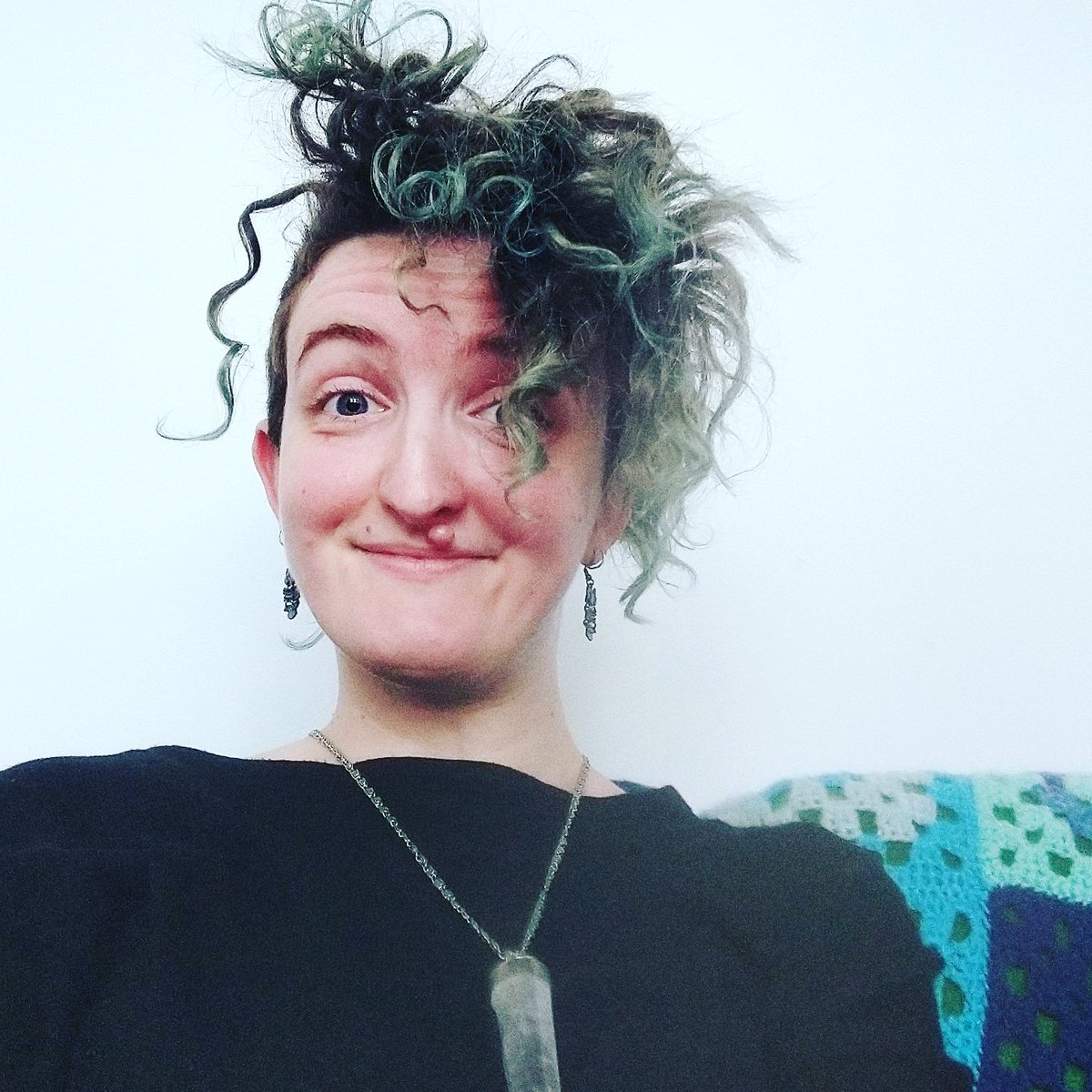meet the judges of the 2019 rachel funari prize for fiction: alison evans

Image: Supplied
Over the next few weeks, we’ll be introducing you to our stellar line-up of judges for the 2019 Rachel Funari Prize for Fiction. Today, meet author, Alison Evans.
*
The Rachel Funari Prize for Fiction calls for stories by women, female-identifying and non-binary writers. What’s your view on diverse representation in publishing?
The world is diverse and we all have different experiences, and I think it’s incredibly important to represent this in fiction.
What comes to mind when you think of our 2019 theme, ‘fragments’?
Fleeting images: a tram going by, a leaf falling from a tree, an intake of breath.
You’re an accomplished author with a fistful of novels under your belt, and your latest, Highway Bodies, was published in February by Echo Publishing. (Congratulations!) When it comes to writing, what’s your process? Are you a ‘plotter’ or a ‘pantser’?
Thank you! I am a bit of both to be honest. When I started writing, I was a huge planner, I would plan every single scene. Now, I’m heading in more of the panster direction. I tend to start out with the first three or four chapters planned out very roughly, but I am more focused on the characters. Now I want to really know who they are before I start writing.
Is there anything you’re currently working on that you’d like to tell us about?
Currently I am waiting on the edits for my next book, Euphoria Kids. EK is about a trio of trans teens who become friends and need to find the witch who has cursed one of them. While I’m waiting on the edits, I’m redrafting a novel I wrote a draft a couple of years ago, which is about a haunting in the Yarra Valley.
Is there a writer (or writers!) you admire or books that have influenced your work?
So many! In #loveozya, I adore Cally Black, Marlee Jane Ward, Alice Pung, Demet Divaroren and Nevo Zisin. Outside of that, a writer I really admire is Jorges Luis Borges.
What are you reading right now?
Static Ruin by Corey J White, which is the last in a trilogy about a woman named Mars Xi, who is basically a space witch. They’re punchy novellas and Corey’s writing style is great. Plus, there’s a few non-binary characters which I think is vital to see in futuristic worlds.
What’s on your To Be Read pile?
For We Are Young and Free by Maddison Stoff, which is a collection of cyberpunk dystopian fiction set in Australia. I’ve read some of Maddison’s short stories before and she’s really mastered the form. Another book I’m excited to read it Oasis by Katya de Becerra, which is loosely inspired by a Jorges Luis Borges short story. Plus I loved Katya’s first book, so I can’t wait until this one comes out.
What do you read to feel inspired?
Most recently, I read Kindred. It’s an anthology of 12 queer #loveozya short stories and full disclosure: I’m in it. But honestly, this book is the thing I needed when I was a teen. And to see it come to life, and to read these wonderful, varied, queer stories, is an amazing experience. This has really given me so much motivation to keep doing what I’m doing. I cannot begin to explain how it feels to be in this anthology with these amazing writers. It comes out in June!
What, in your opinion, is the secret to writing a good short story?
I think it’s easy to think a short story is easier to write than a novel, and I don’t think that’s true. While they have less words, you have to pack in everything that makes a novel good, and you have to distill it into its purest kind of form. Acknowledging that, I think, is the first step to writing a good short story.
What will you be looking for when judging the Rachel Funari Prize for Fiction?
More than anything, I want a character I can care about. Beautiful writing is always good, an interesting plot or idea is good too, but if I don’t care about the character, then I won’t care about the story.
What does literary success look like to you?
For me, the highlights of my career have been when teenagers have come up to me and told me they loved my book. When teens thank me for writing queer characters. They really, really mean it, and I can tell that my work means something important to them.
*
Entries for the 2019 Rachel Funari Prize for Fiction are now OPEN and close 5pm Friday 19th April, 2019. Submit stories up to 2000 words that engage with the theme ‘fragments’. For more information, click here.

The incredible sponsors and supporters of the 2019 Rachel Funari Prize for Fiction.

